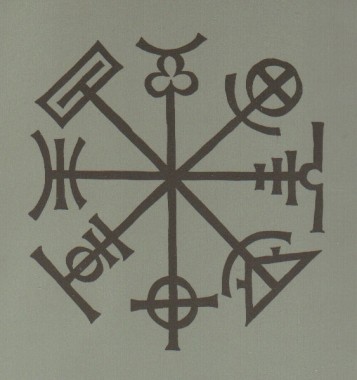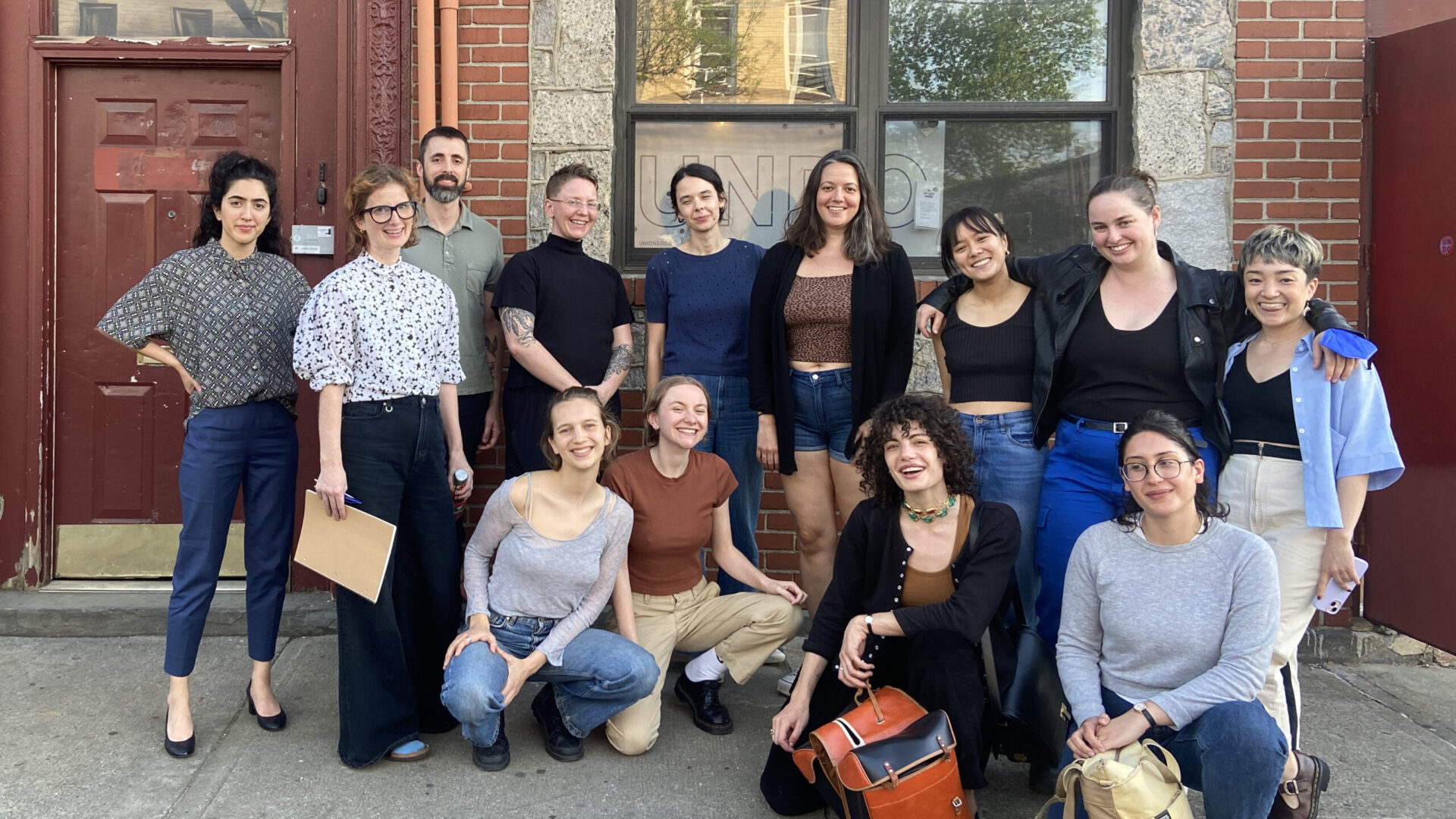At the Nov. 1 UDC meeting, project mentor Kara Oehler shared with the group a reporting experience she had attempting to tease out the story of an enigmatic death that took place in a small town in Montana. In attempting to unravel the mystery, Kara interviewed the town’s inhabitants, often times intentionally phrasing her questions in a vague manner, in order to allow her subjects to come around to the topic of the death on their own. (I don’t want to talk about the story in too much depth, in order to avoid spoiling the narrative she is constructing.) Sometimes she was met with stonewalling, and other times with more effusive responses. But what I found particularly interesting was how she documented the story by attempting to record the stories of the individual, in order to piece together the larger “collective” narrative of the incident, with the town serving as storyteller. The technique seemed to me to be an interesting approach to documenting the subjective nature of the individual’s idea of truth; a more concrete example of the Rashomon effect would be difficult to find.
Cheap Cheap

The anecdote was especially relevant given the UDC’s adoption of contemporary mythology as the theme of our year-long project, using Roland Barthes’ 1957 text “Mythologies” as a guide and reference point for our experiment. Kara’s story raised a number of questions in my mind about the definition of myth. Can we assume myth is synonymous with falsity? Does myth obscure the “truth?” Should documentary play a role in attempting to challenge the falsity of myth, or is it enough to document the myth itself? How are myths created, and from where do they derive their power?
online Prior to our class discussion, I would have defined mythology as a narrative technique used by a culture to explain something that is not understood, much in the way that ancient Greek and Roman mythology did. But myths can also serve as fables–morality tales intended to teach recipients about the social codes of a society. And deciding what the difference between mythology and folklore was proved especially difficult. In thinking about mythology and discussing the topic with some friends, I also came to realize that mythology is not seen as such by the society that has adopted and promulgated it; it requires the view of an outsider to assign the label of mythology. There is also a collective process by which myths are codified. It is true that one person can create a myth, but it takes a critical mass of people within a society to believe in and propogate the myth to ascribe it with any power. It makes sense to me that oral storytelling traditions are a key element of myth-making. The retelling of stories over a period of time and generations must have led to exagerrations, selective editing and the reimagining of narratives before they were ever written down and frozen in content. Kara’s experience seems especially relevant considered in this context, when no authority has recorded the story, and its ideas remain malleable. I don’t really have a clear idea how, if at all, these ideas and concepts gibe with Barthes’ definition of Myth.
Cheap
online online 
So far the UDC members have been assigned two readings, the first being Walter Benjamin’s “The Work of Art in The Age of its Technological Reproducibility.” That was followed by an excerpt from Barthes’ “Mythologies.” I have never formally studied cultural or literary theory, and found both readings difficult, if not outright inscrutable. In approaching the material, my attitude vacillated between a genuine intent to understand the material, and hostility toward what I perceive as the intentional obfuscation of ideas. Coming from a background in print journalism, my attitude about conveying information is rooted in the idea that it should be conveyed as clearly as possible in order to be accessible to the widest range of people possible. Creating a barrier to the expression of ideas only serves to heighten class divisions. I’m also a little wary of the fact that I am forced to read English translations of the works, and am wondering how much of the nuance of the ideas is lost through that process. But I want to be careful that my attitude is not rooted in feelings of inferiority or defensiveness because I don’t really comprehend the texts. In that spirit, I went out and picked up Terry Eagleton’s “Literary Theory: An Introduction” on the advice of Christopher Allen. I also stumbled across another supplemental text, “Beginning Theory: An Introduction to Literary and Cultural Theory” by Peter Barry, which I am slowly working my way through. I was, however, gratified to learn that I was not alone in my trepidation regarding the pronunciation of the names of members of the pantheon of cultural/literary theorists.
Order





